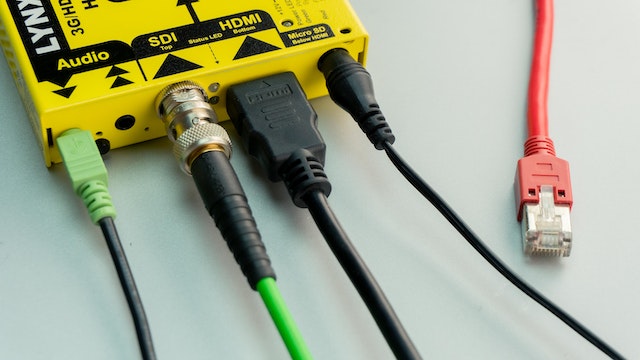Introduction
In today’s rapidly evolving technological landscape, the demand for high-speed and reliable data transfer has never been greater. M12 cables, with their rugged design and versatile applications, have become a crucial component in industries ranging from manufacturing to automation. In this blog, we will delve into the world of M12 cables, exploring their connectors, types, and the wide array of applications they serve.
1. What Are M12 Cables?
M12 cables are a type of circular connector commonly used in industrial settings to establish electrical connections. They are known for their robust design, reliability, and versatility, making them ideal for harsh environments where other connectors might fail. M12 connectors come in various configurations, including different numbers of pins and coding options, allowing for compatibility across diverse applications.
2. Types of M12 Connectors
M12 connectors are available in several types, each designed for specific applications. Understanding these types is essential for selecting the right connector for your needs:
a. M12 D-Coded Connectors: These connectors are commonly used for Ethernet and industrial fieldbus applications. They are designed to support high-speed data transmission, making them suitable for industrial Ethernet protocols like PROFINET and EtherNet/IP.
b. M12 A-Coded Connectors: Primarily used for sensors and actuators, M12 A-coded connectors are ideal for power and signal transmission. They are easily distinguishable by their single keyway.
c. M12 B-Coded Connectors: These connectors are designed for DC power and are common in applications requiring power transmission, such as DC motors.
d. M12 X-Coded Connectors: With eight pins, M12 X-coded connectors are designed for high-speed Ethernet applications, providing faster data transmission than the D-coded counterparts.
e. M12 S-Coded Connectors: M12 S-coded connectors are used for AC power applications. They are safety-rated connectors and are suitable for industrial environments.
3. Applications of M12 Cables
M12 cables find applications in various industries due to their durability and reliability. Some of the key industries and applications where M12 connectors are commonly used include:
a. Manufacturing: In automated manufacturing processes, M12 connectors are employed to connect sensors, actuators, and other components, ensuring efficient and reliable production.
b. Transportation: M12 connectors are used in the transportation sector to connect various components, such as lighting systems, sensors, and control systems. They play a crucial role in ensuring the safety and functionality of vehicles and transportation infrastructure.
c. Agriculture: M12 cables are used in modern agricultural equipment, connecting sensors, cameras, and control systems to enhance precision farming practices.
d. Medical Devices: The robust and reliable nature of M12 connectors makes them suitable for medical devices, where consistent data and power connections are critical for patient care.
e. Marine and Harsh Environments: M12 connectors are preferred in marine and other harsh environments due to their resistance to moisture, dust, and vibrations. They are used in marine navigation systems, offshore drilling equipment, and more.
4. Benefits of M12 Cables
M12 cables offer several advantages, including:
a. Robustness: Their robust design and IP67/IP68 ratings make them ideal for challenging environments.
b. Reliability: M12 connectors ensure stable and secure connections, reducing the risk of downtime in critical applications.
c. Versatility: The availability of different types and coding options allows for a wide range of applications.
d. Ease of Installation: M12 connectors are easy to install and replace, minimizing downtime during maintenance.
